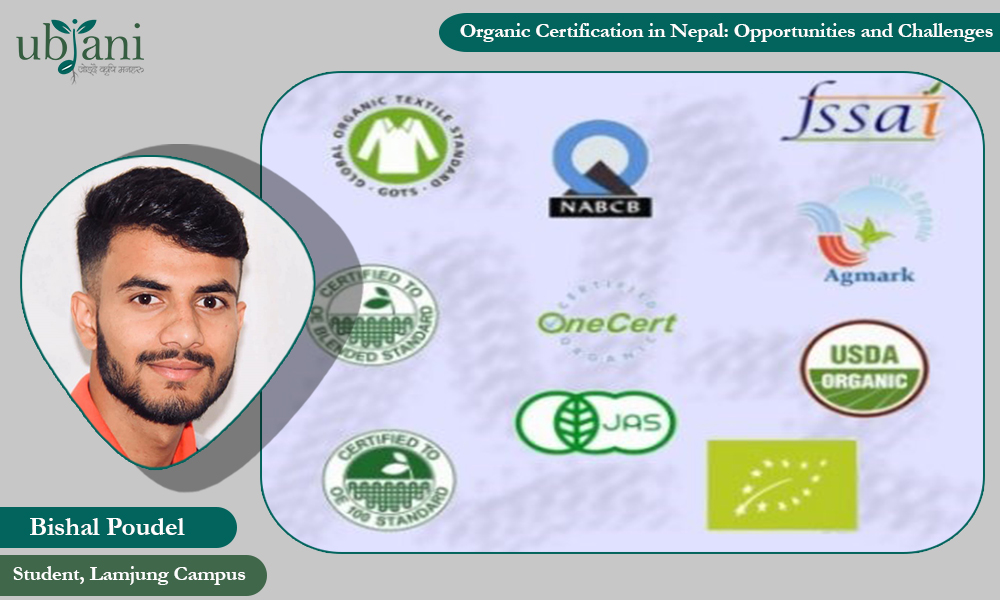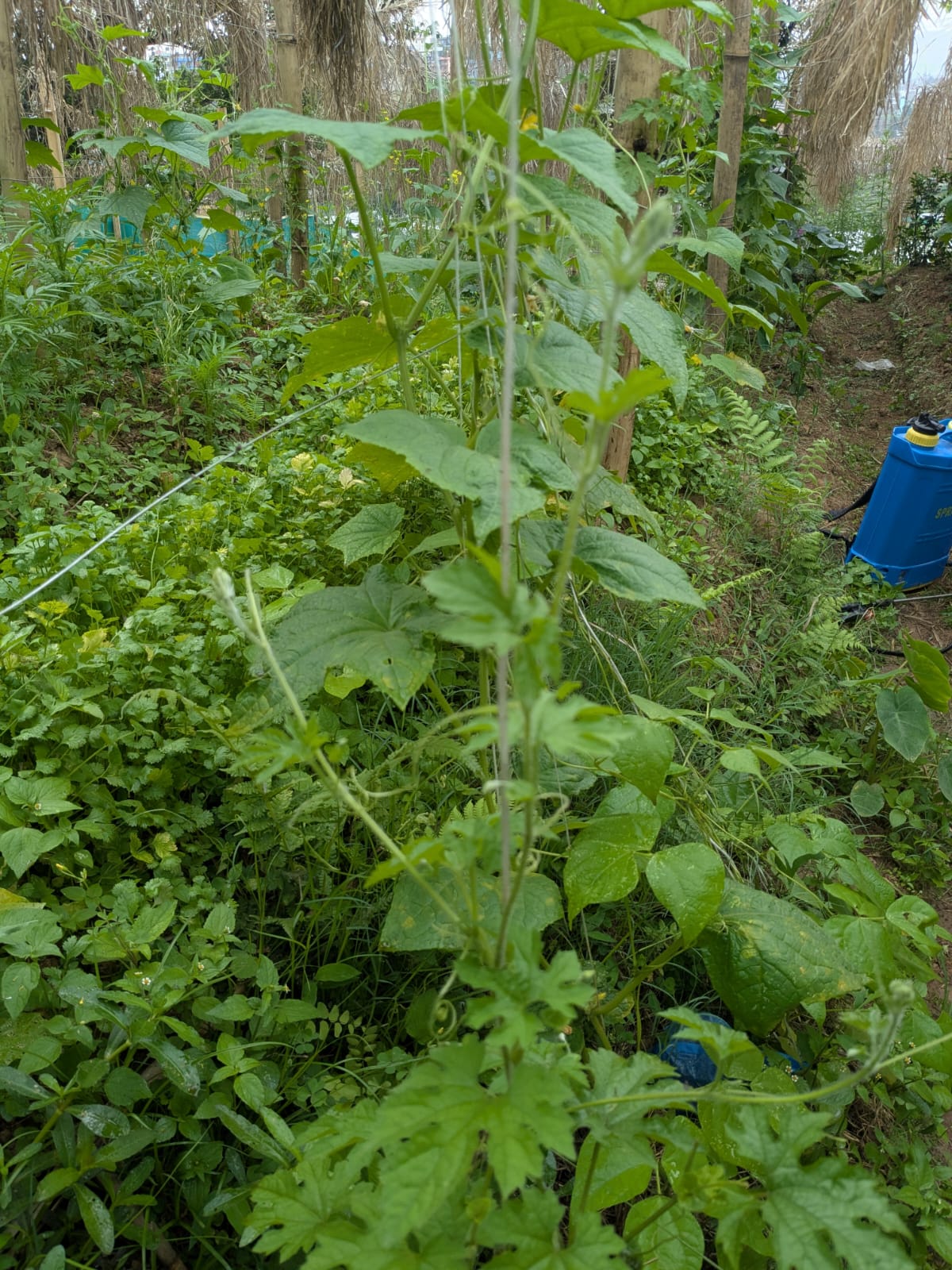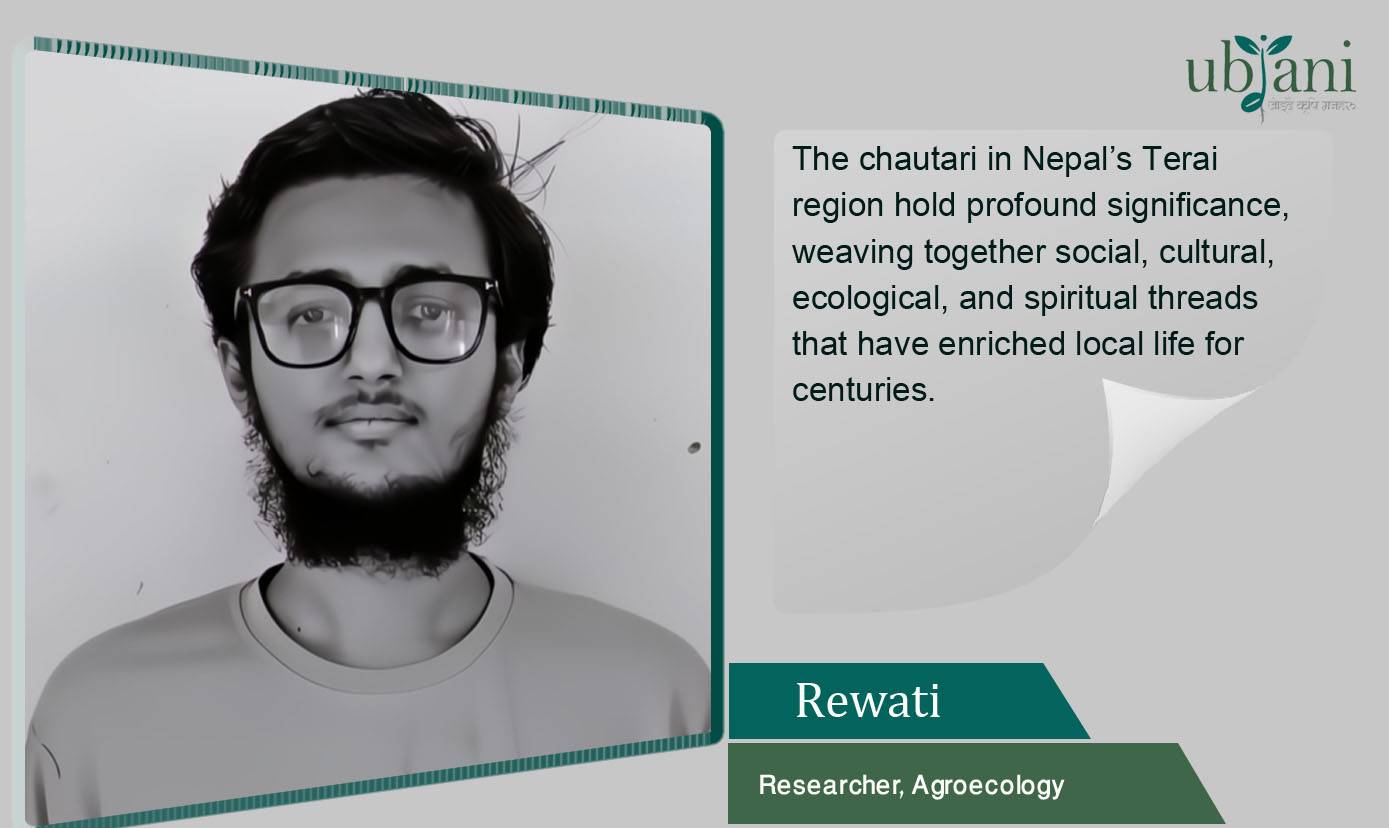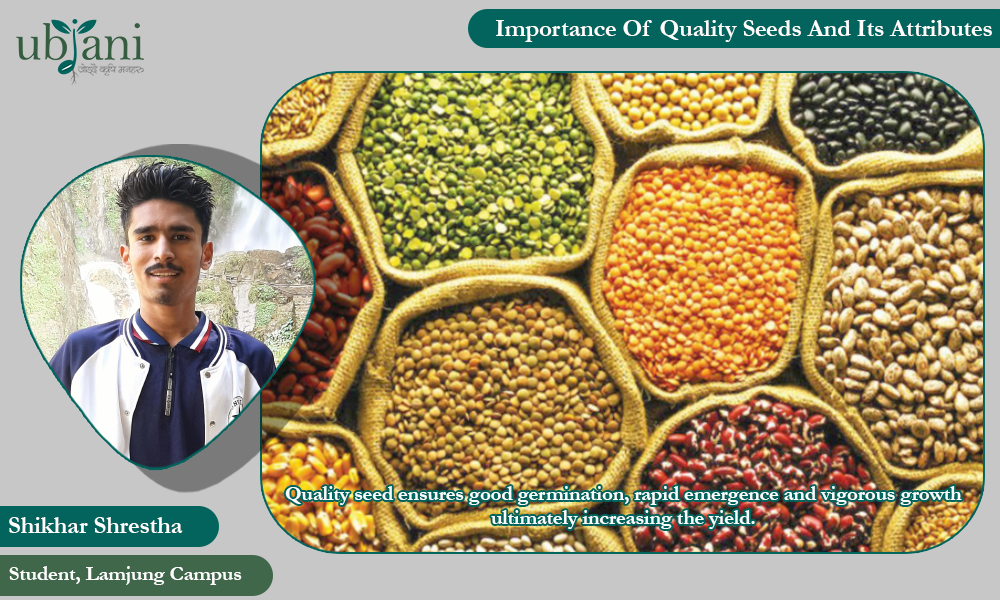
Organic agriculture has always been underrated in the context of Nepal. With the due course of time, its importance is being realized not only by farmers who have been using different kinds of chemical fertilizer and pesticides for long but also by the policy makers, intellectuals and responsible citizens after observing the deteriorating situation in the agriculture sector. Organic farms rely on the use of local natural resources and the management of the ecosystem rather than external agricultural inputs such as mineral fertilizer and agrochemicals. Organic agriculture, therefore, prohibits synthetic chemicals and genetically modified inputs and encourages sustainable traditional farming practices that maintain soil fertility and do not degrade the environment.
But as a consumer, how can you tell whether a product is truly organic? Today, as consumers become more aware and responsible about what they eat and drink, there is an increasing interest in, and consequently a rising demand for organic products. Therefore, Organic certifications have been put in place to provide the consumer with confidence in the product they buy.
Organic certification is a procedure by which an independent third party gives a written assurance that a clearly identified process has been methodically assessed to provide adequate confidence for specified products and specified requirements. The Organic Certification certifies the producers like seed suppliers, farmers, food processor, restaurants, and retail shops. Organic certification addresses the consumers’ rights to consume the best quality organic products and to prevent malpractices and frauds and thus promote healthy business of organic products. Certification of organic products is similar to what we see Nepal Standard Mark while buying any products in market, which ensures that the product we buy or consume is healthy and hygienic. Certification with Organic mark will differentiate Organic products from conventionally produced product.
Organic certification requires inspections of the operators (producer/ processor/handler). The purpose of the inspection is to verify that the required conditions are in place to meet the certifying agency’s certification criteria or standards. Certification includes inspection of farm fields and processing facilities. Inspections of farm practices include long term soil management, buffering between organic farms and any neighboring conventional farms, product labeling, and record keeping.
Certification brings opportunities for protection of local resources, better market access, improvement of worker and consumer health, and eventually enhancement of living conditions of rural communities. Consumers are increasingly aware of social and environmental problems associated with the production and trade of the food they consume. They want assurance about the quality of the produce they purchase and trust only an independent legal body for the information tagged on the produces. Certification can help differentiate the preferred organic products from other products, which can be helpful to promote organically grown products in the market. Certification can also result in higher producer prices as consumers are willing to pay higher price for quality products. Organic products thus can raise income of producers and improve the quality of life. Producers are also becoming increasingly interested in organic agriculture. Producers shift to organic agriculture for a verity of reasons. Some feel that the use of agrochemicals is bad for their health and the environment, while other producers are attracted by the higher price and the rapidly growing market for many organic products in recent years.
However, there are some challenges regarding the Organic Certification in Nepal. The demanding nature of regulatory requirements makes certification more difficult as well as expensive, especially in developing markets and for export certification. It is hard for local certification bodies to compete with international certification bodies (CBs) in export certification. Beside regulatory requirements, there are other constraints for organic certification. Some of them are:
• Expensive certification cost
• Lack of awareness about group certification among small & medium farmers
• Inadequate understanding of how organic certification works
• Inadequate technical capacity to develop certifiable production operations
• Increasing number of new regulations
Initiation of regional collaboration in certification has aided a lot in order to solve this problem, Certification Alliance (Cert All) is a regional collaboration in certification representing national and international organic certification bodies, inspectors, producers and development organizations supporting organic movements in the region. While several stakeholders are involved in the process, the alliance has recognized the value of collaborating among them instead of competing.
Organic Certification Nepal (OCN) is one of the founder members of Certification Alliance (Cert All). Being part of Cert All, OCN offers an internationally accredited inspection and certification services to local clients and operators. Being a member of International Certification Network, it has its working capability at the global level. It provides services in local, regional, National and International level in a competitive and benefit sharing basis. Moreover, it collaborates with other national and international organizations like Govt. of Nepal, NPG, ECOSCENTER, NORIA, IFOAM, CertAll, etc. to build the synergetic efforts.
As organic agriculture is getting attention from development stakeholders in Nepal, the importance of Organic certification is increasing gradually. Nevertheless, there are several challenges and constraints ahead. In order to overcome these challenges, investment in the organic sector is needed. Harmonization has now become a necessity for fostering organic certification and it needs to be saved from self-destruction. Many sectors including government organizations, NGOs, private sector and farmers should be involved in different steps of organic agriculture promotion and certification. Thus, the co-effort of different responsible stakeholders can bring harmony and institutionalize Organic Certification in Nepal.
















